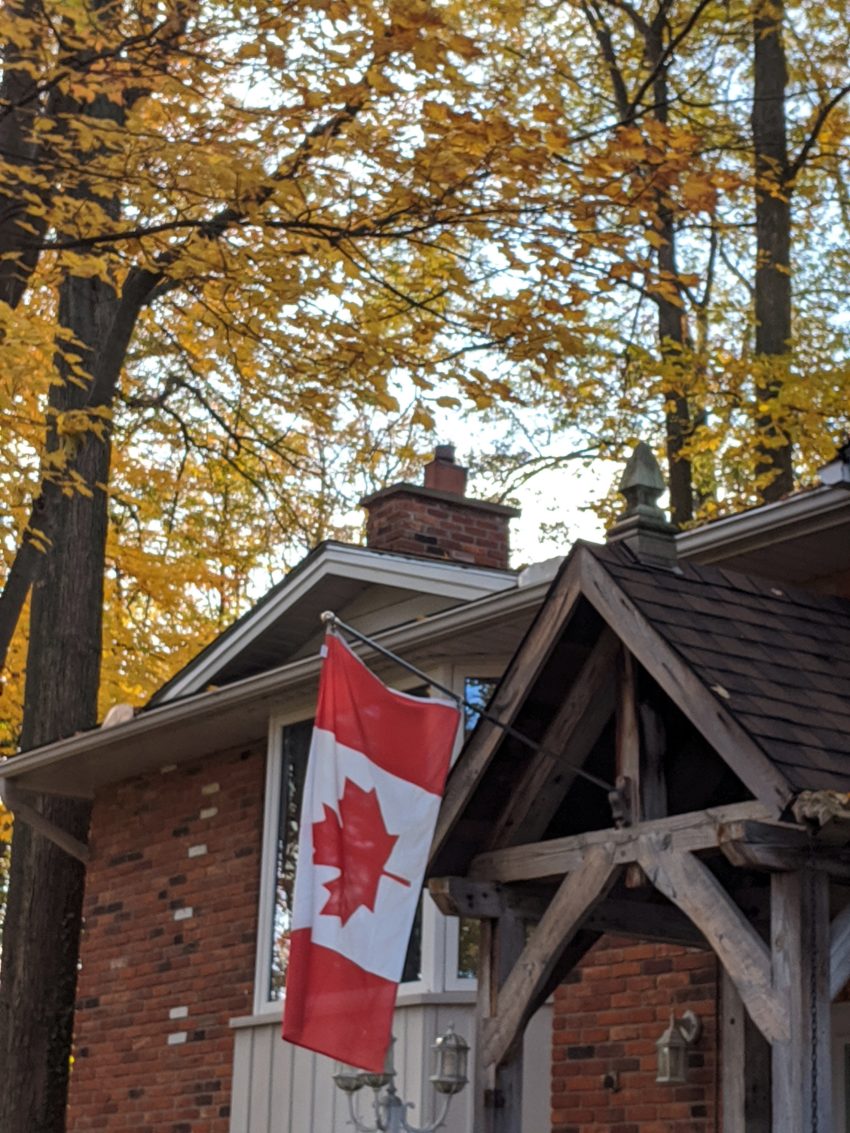I’ve been thinking about roots this week. Not the literal sort (although I see that the weeds are starting to appear between the paving stones already), but the figurative sort. I blame Lyse Doucet, the Canadian journalist who works as Chief International Correspondent for the BBC and lives in London when she’s not reporting from some far-flung corner of the world. She was recently a guest on the BBC radio programme Desert Island Discs, talking about her 40-year career as a journalist, reporting from many of the world’s most troubled and unsettled countries.
Lyse Doucet has spent time in many conflict-riven countries over the years, but it is Afghanistan and its people that seem to have got hold of her and won’t let go. She says it’s like a second home. (There must be something so special about Afghanistan that very few of us will ever have the chance to experience. It reminded me of Dervla Murphy’s account of cycling across Afghanistan in her book Full Tilt and how she also fell in love with the country.) However much she loves Afghanistan, it is Canada that Lyse Doucet considers to be her home and it is to her family and friends in Bathurst, New Brunswick, that she heads when she feels the need for peace and time to recover from the stress of her demanding job.

It made me wonder about roots and how much we all need that sense of home, of a place we belong, even if we’re not in desperate need of peace and time to recover from the stress of working in a war zone. What about people who move to a new country and never return home to live, either by choice or by circumstance? And does a longing for home increase as you get older? The truth is that I rather envy Lyse Doucet for having a place of comfort and refuge, although I could hardly begrudge her the opportunity to go home when she obviously needs it more than most.
Of course it made me think of my family, caught midway between Canada and the UK, some of us belonging properly in neither place. There are definite advantages to living in a new country – you gain a perspective that you wouldn’t otherwise have and it’s also interesting and exciting to live in places where people think and behave differently. And if you get the opportunity to maul another language, then even better. I think about the second-generation immigrants who are born and raised in one place, but also have a strong pull towards their parents’ country and culture. It must sometimes be difficult to see exactly where you fit in. I’m sure that having a foot in two cultures enriches your life and perhaps that’s compensation enough. I’d be hard-pressed to say what Canadian culture is exactly, but I’m more than prepared to go to Bathurst, New Brunswick, to find out.
*words of wisdom from Lene Lovich


Lovely, Sheridan. As a 2nd gen immigrant, Hungarian and European culture is very strong within me. But it’s not home.
It’s a real bonus having access to such a rich culture, though, isn’t it? Not to mention the food…
I feel at home in Michigan, in the southeast corner where I was born and lived my whole life. But I also feel a strong sense of home in western North Carolina where my mother grew up. I can remember traveling the winding road to visit my granny and the sense of “home home home almost home” that seemed to exude from my mother.
How lovely to have three generations with such a strong sense of belonging.